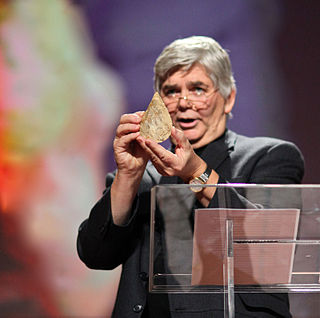Top 16 Quotes & Sayings by Denis Dutton
Explore popular quotes and sayings by a New Zealander philosopher Denis Dutton.
Last updated on April 14, 2025.
It's clear on the one hand that an education enriches and informs a response to beauty, even makes it possible in esoteric cases. On the other hand, there's no question that someone with no musical education whatsoever might wander into a concert hall and be overwhelmed by the 'Beethoven Pastoral Symphony'.

























